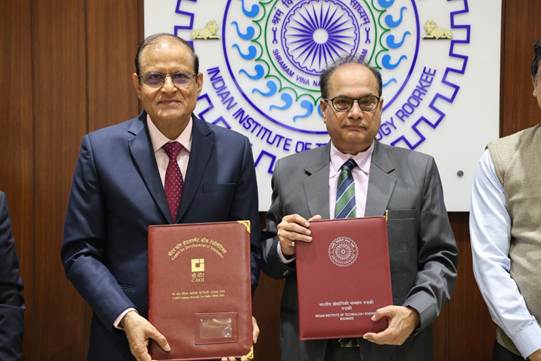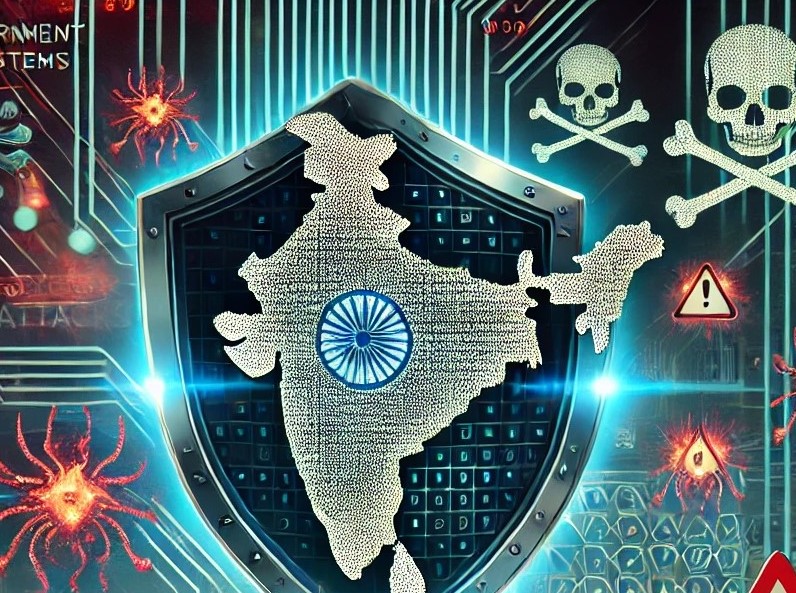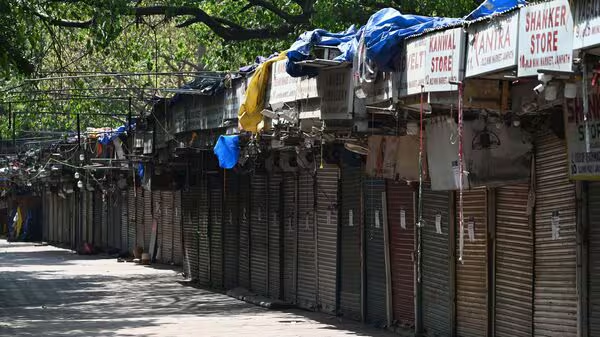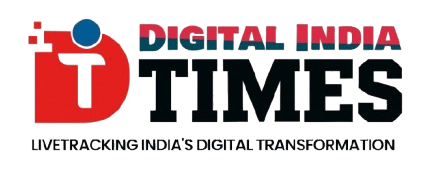Road Safety Network calls for data-driven reforms to halve fatalities by 2030

The release, titled “Solving India’s Road Safety Crisis with Data-Backed, Scientific, and Evidence-Based Solutions”, coincided with a national dialogue on road safety featuring experts from academia, government, and policy think tanks.
Ahead of the World Day of Remembrance, RSN urges a National Road Safety Mission, legally binding state plans, and stricter speed management norms.
New Delhi, November 13: As India continues to grapple with one of the world’s highest road fatality rates, the Road Safety Network (RSN) — a coalition of civil society organisations — has launched a solution-focused whitepaper calling for systemic, data-backed reforms to reduce road crash fatalities by 50% by 2030.
The release, titled “Solving India’s Road Safety Crisis with Data-Backed, Scientific, and Evidence-Based Solutions”, coincided with a national dialogue on road safety featuring experts from academia, government, and policy think tanks.
According to the Ministry of Road Transport and Highways (MoRTH), India recorded 4,80,583 road crashes and 1,72,890 deaths in 2023, accounting for nearly 11% of global fatalities despite having just 1% of the world’s vehicles. Experts agreed these deaths are predictable and preventable, citing weak enforcement, unsafe road design, and fragmented governance as key challenges.
National Mission and Accountability Framework
The RSN whitepaper calls for the launch of a National Road Safety Mission (NRSM) to coordinate action across ministries and states. It recommends legally binding state action plans with measurable outcomes, scientific speed management, and strengthened accountability for road-owning and enforcement agencies.
“Reducing fatalities in cities like Chennai demands a systemic approach grounded in data, enforcement, and engineering,” said Ravishankar, Road Safety Expert, CUMTA. “CUMTA recommends improving the quality of police accident data, stricter helmet enforcement under the Motor Vehicles Act, and regular audits of road agencies to ensure compliance with IRC safety standards.”
Experts stress Safe System Approach
Prof. (Dr) Bhargab Maitra of IIT Kharagpur, who moderated the dialogue, underscored the need to align road design with India’s real-world traffic and land use patterns. “We must follow the Safe System Approach and prioritise speed management to reduce fatalities in a time-bound manner,” he said.
Prof. (Dr) Sikdar, Advisor to the Indian Roads Congress (IRC), echoed the sentiment, noting that “the safety of vulnerable road users requires passion and commitment from policymakers, planners, and engineers to protect dedicated facilities from encroachments and misuse.”
Vulnerable users at highest risk
Nearly 68% of all road deaths in India involve pedestrians, cyclists, and two-wheeler riders. The RSN whitepaper urges safer street design, improved lighting, and strict enforcement of helmet and seat belt laws. It also advocates for a modernised crash data system using real-time platforms like e-DAR to enable transparent, evidence-based policymaking.
Economic and social impact
Road crashes are estimated to cost India 3–5% of its GDP annually, with the burden falling disproportionately on low-income families. As the nation marks the World Day of Remembrance for Road Traffic Victims on November 16, experts renewed their call for road safety to be recognised as a national development priority — driven by data, design, and institutional accountability.
About Road Safety Network
The Road Safety Network (RSN) is a collective of leading civil society organisations — including Parisar, SaveLIFE Foundation, Consumer Voice, Citizen Consumer and Civic Action Group (CAG), Synergie, Centre for Environment Education (CEE), and CUTS International — working to reduce road fatalities and advocate for safer mobility in India. The coalition focuses on data-backed policy reforms and engagement with governments at both state and national levels.








